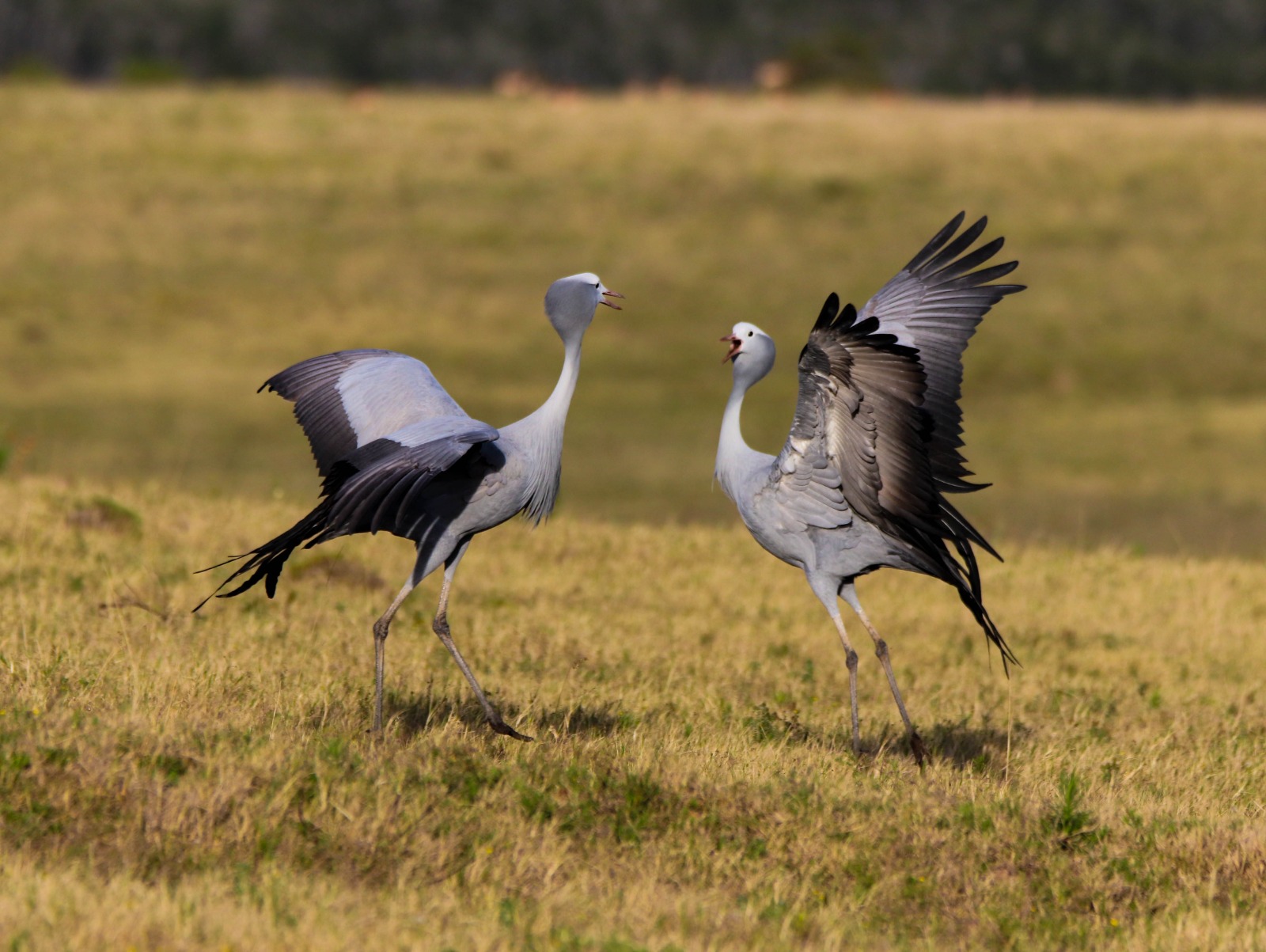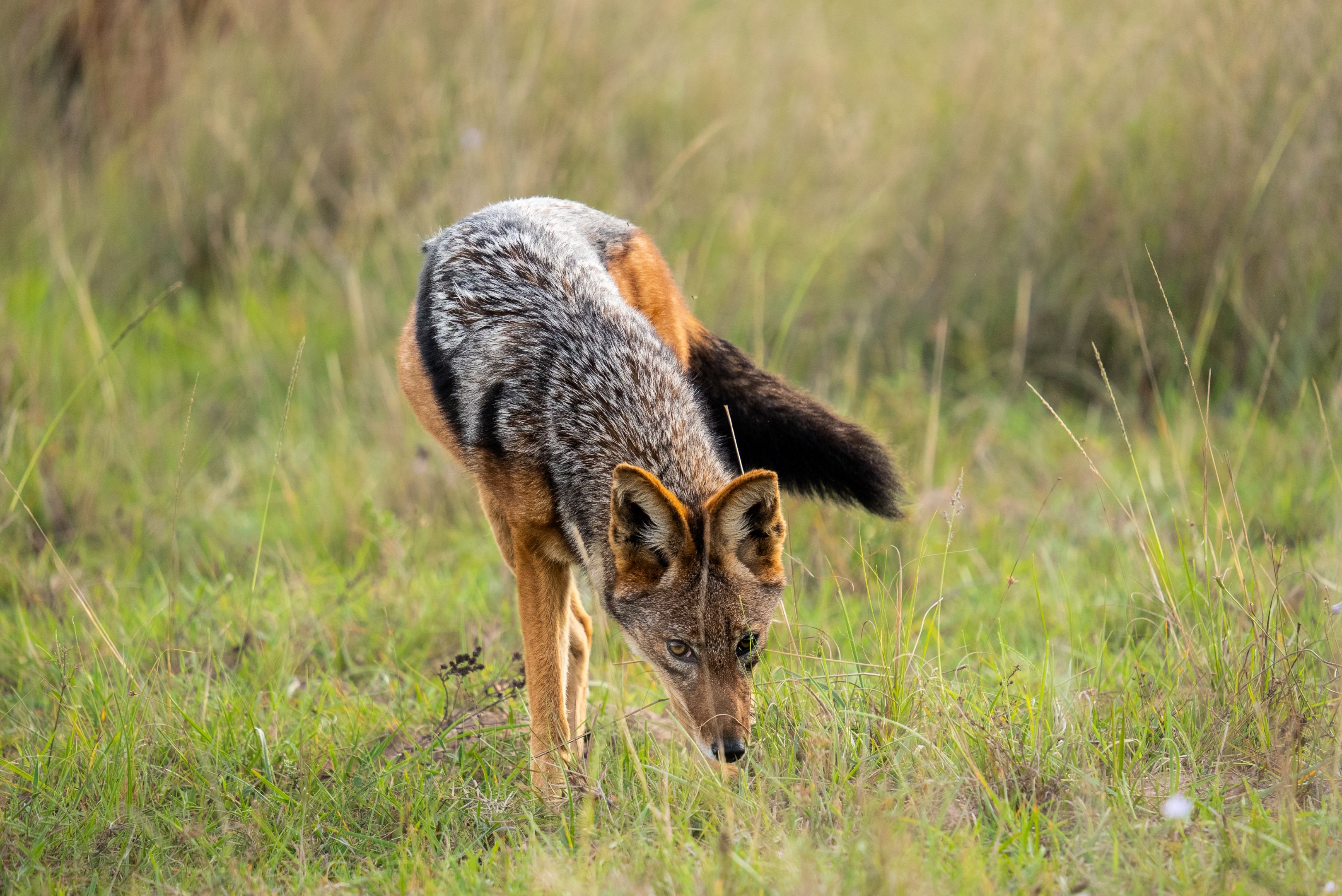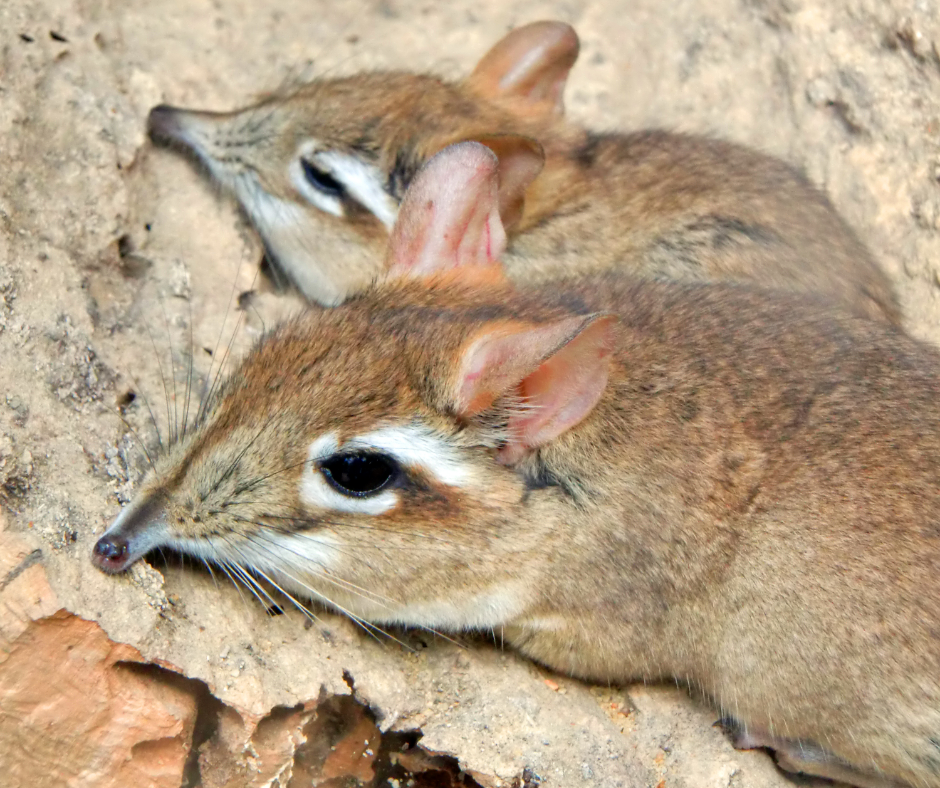February is a month synonymous with love and, at Lalibela Wildlife Reserve, several species demonstrate the enduring bonds that exist in the animal kingdom. From South Africa’s national bird to elusive elephant shrews, these creatures form lifelong pairs that visitors can witness firsthand.

The blue crane, South Africa’s national bird, is a prime example of monogamy in the wild. Known for its striking blue-grey plumage, the male blue crane performs intricate courtship dances to attract mates. Once bonded, both partners share the responsibility of incubating eggs and feeding their young.

Black-backed jackals also form strong partnerships, holding their own territories to raise their young. Should one partner die, the surviving jackal typically remains solitary until finding a new mate.

Elephant shrews, small mammals found in the reserve’s woodlands and fynbos areas, are territorial creatures that favour monogamy. They use scent-marking to track their mates’ movements and protect their shared space. Once their young are born, both parents remain united in raising the offspring.

The crowned eagle, a formidable predator, also exemplifies lifelong pair bonding. These eagles build large nests in tree forks, sharing the responsibilities of raising their young and hunting for food. Once the chicks leave the nest, the pair continues to use the same nest for up to seven years.






















